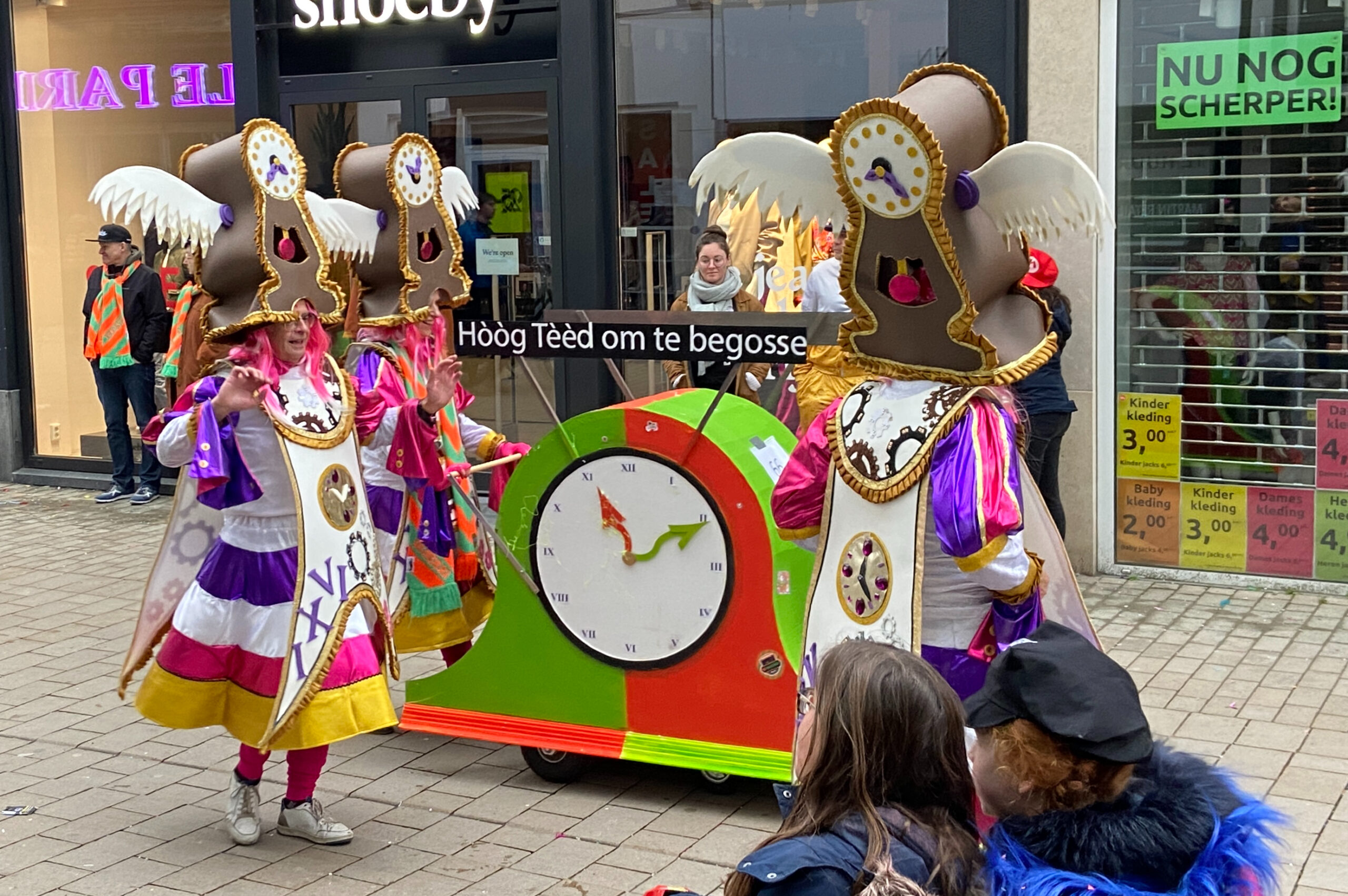Carnaval and Ramadan start in the Netherlands this weekend

Carnaval starts in the Netherlands on Friday evening, with the weather promising to be welcoming to those planning to celebrate in the south of the country, predominantly in North Brabant and Limburg.
Carnaval derives from the Latin, carne vale, meaning “farewell to meat,” and takes place over the weekend ahead of the six-week period of Lent. This year, the celebrations start on Friday, February 28, but will continue well into Tuesday in many places—unless the beer runs out.
Public Carnaval events are held throughout North Brabant and Limburg, but also extend into Gelderland, Twente, and some parts of Zeeland. While the biggest cities serve as focal points, most towns and villages host their own community-centered parties as well.
Alongside the Carnaval excesses, this weekend also marks the start of Ramadan in the Netherlands.
Ramadan involves fasting from dawn until sunset, meaning abstaining from eating, drinking, and smoking during daylight hours. Ramadan runs until March 29, although the exact date depends on the sighting of the moon.
The AD reported on Friday that Dutch retailers are increasingly catering to Ramadan and the countdown to Eid al-Fitr, which is known in the Netherlands as suikerfeest, or “sugar party,” when Muslims traditionally exchange gifts.
The Bijenkorf department store, for example, is selling a countdown calendar for €70 and has opened a “modest fashion” pop-up store within its location in The Hague. Last year, around 35% of major Dutch retail chains in big cities acknowledged Ramadan and its end-of-fasting celebrations, the paper said.
Research by Motivaction suggests that Dutch Muslims will spend an average of €74 on food and drink for Eid al-Fitr, in addition to €117 on new clothes and €104 on presents.
Marketing expert Abdelaziz Aouragh told the paper that second-generation Muslims have more spending power than their parents and are eager to use it. However, he said supermarkets can do more than just stocking a few shelves with Ramadan-related products.
“I’ve noticed that flour is often in short supply during Ramadan because people use it to bake biscuits,” he said. “Supermarkets can do much more.”
Thank you for donating to DutchNews.nl.
We could not provide the Dutch News service, and keep it free of charge, without the generous support of our readers. Your donations allow us to report on issues you tell us matter, and provide you with a summary of the most important Dutch news each day.
Make a donation